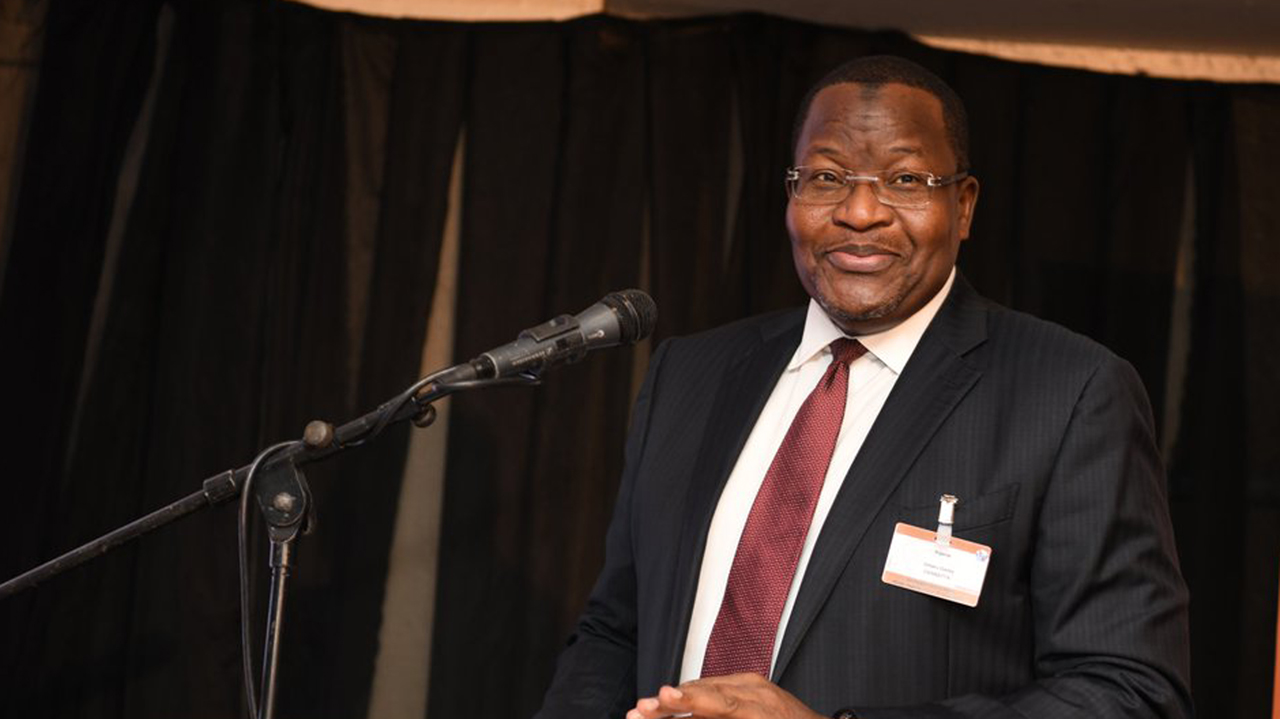No doubt, the Nigerian telecommunications sector in the year 2020 has been an eventful year with a lot of landmark regulatory initiatives by the Nigerian Communications Commission (NCC).
Otherwise, fact-checks by Business Hilights show amongst others that tilights he policies, programmes and activities of the Commission have further positively impacted the upward trajectory of the digital ecosystem in the year under review.
Besides, the year 2020 came with a lot of challenges but the Nigerian telecommunications sector continued to record significant growth. The impressive performance and growth, made possible through effective regulatory initiatives emplaced by the telecoms regulator, under the leadership the Executive Vice Chairman (EVC), Prof. Umar Danbatta, was despite the apparent economic recession and headwinds occasioned by the global outbreak of COVID-19 pandemic and its attendant lockdowns, especially in Nigeria.
The effective and future-proof regulatory regime by the NCC, coincidentally prepared the telecoms sector to be able to provide the needed digital valves that helped to keep the Nigerian economy afloat through seamless communication by individuals, businesses and government institutions in terms of voice and data services provided by telecoms operators, at a time when all other sectors of the economy were comatose.
A major development in the industry in 2020 was the reappointment of Prof. Danbatta for another five years term as the EVC of NCC, a presidential action that was resoundingly lauded by industry stakeholders, who described Danbatta “as a round peg in a round hole.” His reappointment and subsequent confirmation by the Senate of the Federal Republic of Nigeria in the third quarter of 2020 also helped to ensure industry sustainability and policy consistency, preparing the industry for increased growth. Danbatta came into office as EVC of NCC in August 2015 for a five- year period in the first instance. The first term ended in August, 2020 after which the he was reappointed by the President.
This sustainability and consistency in the leadership of the Commission and in policy initiatives under Prof. Danbatta in 2020, therefore, allowed the Commission to uninterruptedly carry on with a number of regulatory activities towards ensuring increased access to telecoms services, ensuring increased consumer education and protection, boosting security of life and property, sanitising the industry while also supporting other initiatives that aimed at boosting innovation in the telecoms sector and continuously galvanizing the country’s overall economic growth.
In the year under review, growth statistics and major regulatory initiatives and policies undertaken by the Commission which have continued to put the industry on the consistent path of growth and keep the telecommunications sector resilient to support the national economy, despite the COVID-19 pandemic, are examined.
According to official telecom industry data, the telecoms contribution to the Gross Domestic Product (GDP) increased to over 14.30% as of second Quarter of 2020, according to data obtained from the National Bureau of Statistics (NBS). In financial value, the 14.30% translates to N2.272 trillion in Q2, 2020. Whereas, telecoms contribution as at December 2019 was 10.60%, also, telecoms investment continued to grow in leaps and bounds in 2020 beyond $70 billion.
Active mobile voice subscribers increased from 184 million in December, 2019 to 208 million by October, 2020. This represents an additional 24 million active mobile lines accessed by Nigerians across mobile networks from December, 2019 to October, 2020. Accordingly, teledensity (the total number of telephone lines per hundred people in an area) increased from 96.76% in December, 2019 to 108.94% by October, 2020.
NCC’s regulatory activities also resulted in increased connectivity in the country. From, 126 million in December, 2019, Internet subscriptions rose impressively 152.9 million as of October, 2020. In the same vein, broadband (i.e. high-speed Internet) penetration maintained an upward swing to 45.93% in October, 2020, up from 37.80% in 2019.
Mobile Number Portability (MNP) service continued to offer wider option of service for telecoms consumers in 2020. In the year under review, 158,128 telecom consumers ported their lines between January-October, 2020, as against over 120,000 lines that were ported in 2019. The increase in MNP service usage is due to increased public education and awareness by the Commission’s head office and its zonal offices, as they intensified awareness on the availability, usage and benefits of MNP across geo-political zones. (Mobile number portability is a service introduced by NCC on mobile networks which allows telecoms consumers to switch from their current network to another preferred network, without changing their mobile number, when they feel a need to do so).
The Commission was able to successfully resolve over 98% of the total consumer complaints received from telecoms consumers via the NCC Toll-Free Number 622, NCC Consumer Portal, social media platforms and written complaints. Subscriptions by telecoms consumers to the NCC’s Don-Not-Disturb (DND) 2442 service reached over 30 million in 2020 compared with 22 million in 2019.
Furthermore, the following are the various regulatory initiatives embarked upon by the leadership of NCC, which has resulted in the impressive aforementioned statistics quoted above. Each of these is examined, in turns, below.
NCC’s New Strategic Management Plan (SMP) to drive Digital Economy
The Nigerian Communications Commission (NCC), in June, 2020, unveiled its new Strategic Management Plan (SMP) 2020-2024 as a pedestal to drive the implementation of the Federal Government’s digital economy vision. The launch of the SMP demonstrated the Commission’s serious improvement in performance matrix and its efforts in accelerating the implementation of the National Digital Economy Policy and Strategy (NDEPS) and the National Broadband Plan (NBP) 2020 – 2025 of the Federal Government. The SMP, according to Prof. Danbatta, is the fulcrum that will aid the NCC in driving its telecom regulatory mandate in the fast-evolving telecoms industry, in the next five years. It will also serve as a roadmap for the future of the Nigerian telecoms sector, taking into consideration the current and emerging trends in the industry and the numerous expectations of the diverse stakeholders. The SMP 2020 – 2024 is the visioning document of the Commission for planning, monitoring, analysing, and assessment of the Commission to meet its goals and set objectives. It has five pillars, which include regulatory excellence, universal broadband, promote development of digital economy, market development; and strategic partnering and 25 intended outcomes. Five critical success factors identified for the implementation of the Strategy include: ownership and commitment, effective communication, human resource capacity, development of and adherence to a strategy development manual; and implementation discipline.









